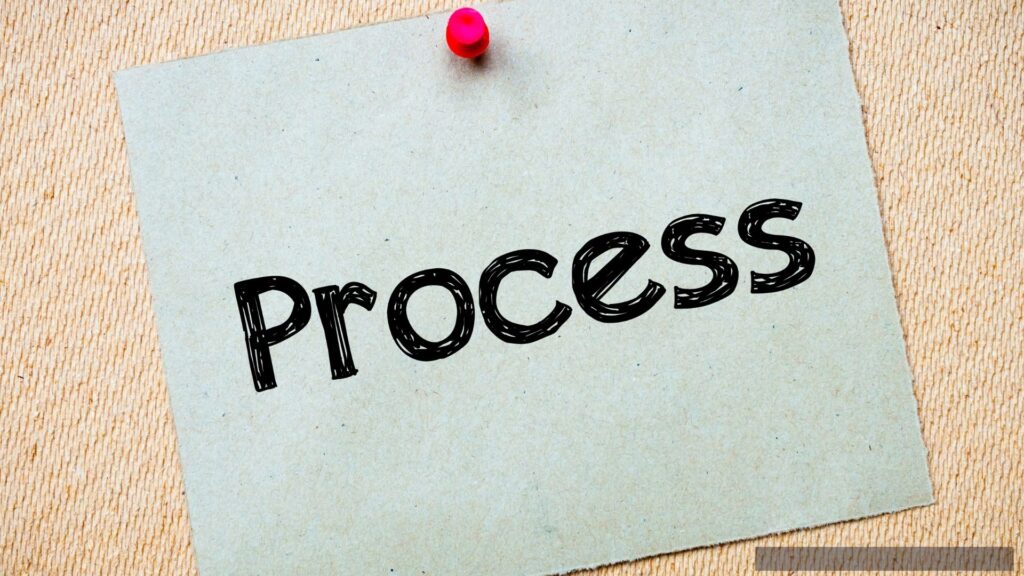Get An Instant Quote on South Dakota Notary Bond $5,000 without EO Now
Introduction
Notaries public serve as impartial witnesses, ensuring the authenticity and legality of various documents, from contracts to affidavits. In South Dakota, the role of a notary carries significant responsibility, and to guarantee their commitment to ethical practices and legal obligations, the state mandates the South Dakota Notary Bond $5,000 without EO. In this comprehensive guide, we’ll explore the intricacies of this bond, its significance, requirements, and the essential role it plays in preserving trust and security in the notarial process.
Unveiling the South Dakota Notary Bond without EO
The South Dakota Notary Bond $5,000 without EO is a financial guarantee that notaries public must obtain as part of their appointment. This bond serves as a symbol of trust and accountability, assuring the state and document signers that notaries will uphold their legal and ethical duties.
Understanding the Bond’s Purpose
The primary purpose of the Notary Bond without Errors and Omissions (EO) is to protect the interests of document signers. Notaries public are entrusted with verifying the identities of signatories, witnessing document signings, and deterring fraud. This bond acts as a safety net, ensuring that if a notary fails to fulfill their duties and causes financial harm to a signer, there are financial resources available for restitution.
Who Needs the Bond?
Notaries public appointed in South Dakota are generally required to obtain the Notary Bond $5,000 without EO. This bond requirement applies to all notaries, whether they are working in legal, financial, or other sectors, and underscores the importance of ethical notarial practices.
Bond Amount and Cost
The bond amount for the Notary Bond without EO in South Dakota is set at $5,000. The cost of the bond premium depends on factors such as the bond amount, the notary’s financial stability, and creditworthiness. Notaries can obtain this bond from authorized surety bond providers.
The Application Process
- Select a Bond Provider: Notaries should choose a reputable surety bond provider authorized to issue bonds in South Dakota.
- Complete the Bond Application: Notaries fill out the bond application, providing the necessary financial information and documentation.
- Underwriting Process: The bond provider evaluates the notary’s financial health, background, and creditworthiness to determine the bond premium rate.
- Bond Issuance: Once approved, the bond provider issues the Notary Bond without EO, which the notary must maintain as part of their commitment to ethical notarial practices.
Preserving Trust and Security in Notarial Transactions
Obtaining the South Dakota Notary Bond $5,000 without EO is not just a regulatory requirement; it’s a commitment to preserving trust and security in notarial transactions. Notaries public serve as the guardians of document integrity and must prioritize ethical and legal practices.
Conclusion
The South Dakota Notary Bond $5,000 without EO is a vital instrument in preserving trust and security in notarial transactions within the state. By understanding its purpose, requirements, and application process, notaries public can serve with confidence, knowing they are part of a system designed to protect the interests of document signers and maintain the integrity of notarial processes. Compliance with bonding regulations is not just a legal obligation but a commitment to upholding the principles of trust and security in South Dakota’s notarial community.
Frequently Asked Questions
Can a South Dakota notary public increase the bond amount beyond the mandated $5,000 for additional protection or to meet specific requirements of document signers or organizations?
South Dakota notaries public are generally required to obtain the Notary Bond at the specified amount of $5,000 without EO. However, if a document signer or organization requires a notary to provide a higher bond amount as a condition of service, the notary may consider obtaining a separate bond or insurance policy to meet those specific requirements. It’s essential for notaries to communicate with document signers or organizations to understand their needs and explore additional bonding options if necessary. The mandated $5,000 bond amount remains a standard requirement, but notaries may seek additional coverage as needed.
Is there any provision for South Dakota notaries to have the Notary Bond $5,000 without EO waived or reduced in specific cases, such as when performing notarial acts for charitable or nonprofit organizations?
In South Dakota, the requirement for notaries to obtain the Notary Bond $5,000 without EO is generally applicable to all notaries, regardless of the type of notarial acts they perform or the entities they serve, including charitable or nonprofit organizations. There is no automatic waiver or reduction of the bond requirement based on the nature of the notarial acts or the clientele. Notaries public should ensure they have the mandated bond coverage in place to meet the state’s legal requirements.
What happens if a South Dakota notary public fails to obtain or maintain the required Notary Bond $5,000 without EO? Are there penalties or consequences for non-compliance?
Failure to obtain or maintain the required Notary Bond $5,000 without EO can have legal consequences for South Dakota notaries public. If a notary operates without the mandated bond coverage or allows the bond to lapse, they may face disciplinary actions, including the revocation of their notary commission. Additionally, if a notary’s actions result in financial harm or legal issues for document signers due to the lack of bond coverage, they may be held personally liable for any financial losses incurred. Therefore, it is crucial for notaries to understand and fulfill their bonding obligations to avoid potential legal and professional repercussions.


